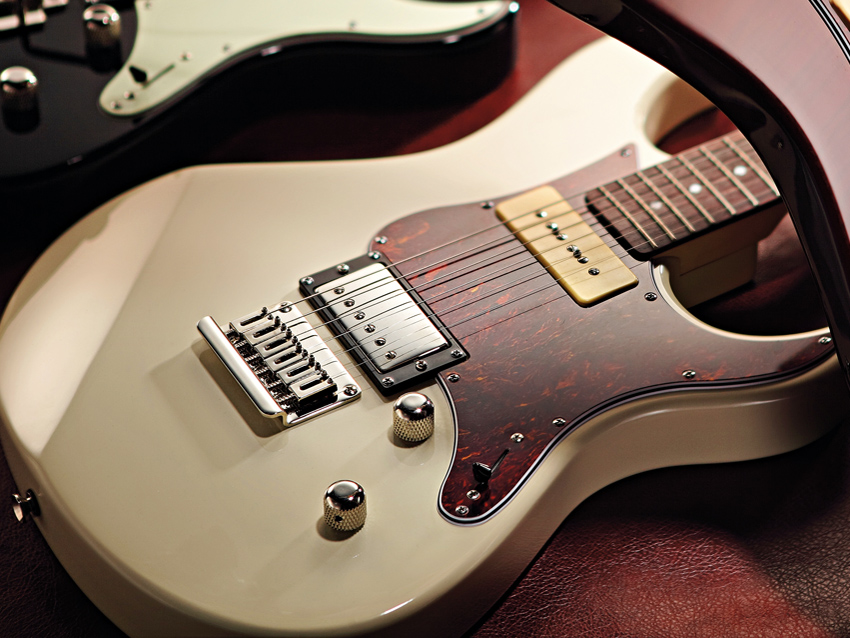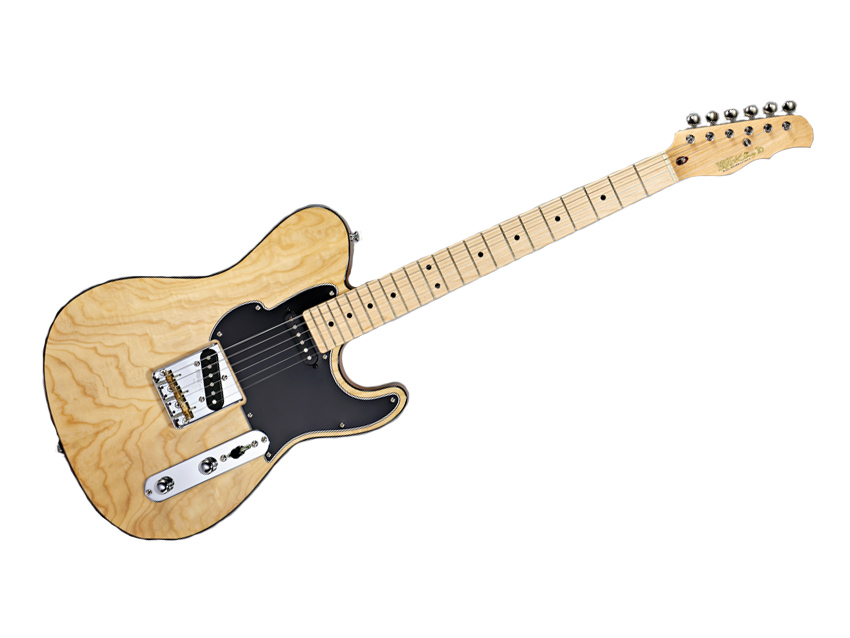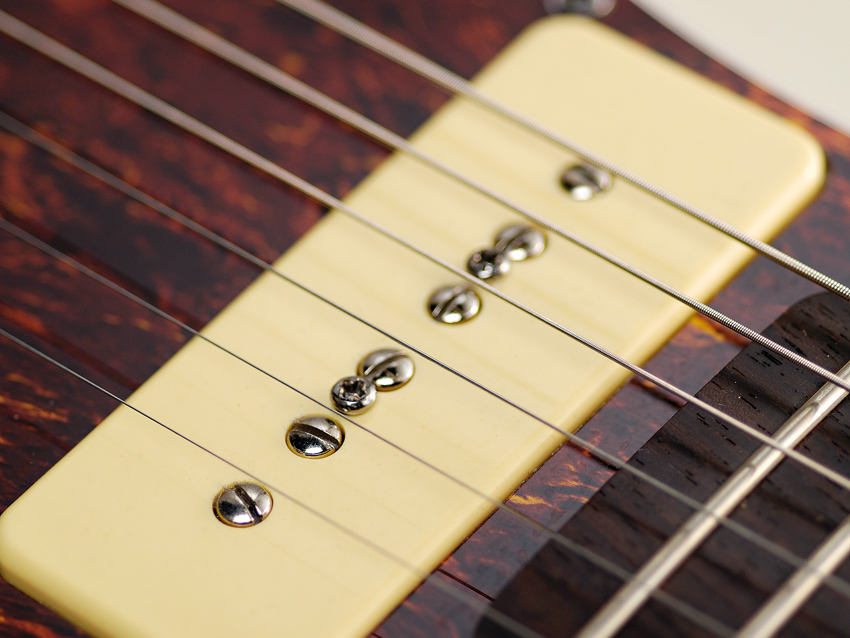MusicRadar Verdict
Proof that you don't need to spend a small fortune to own a guitar that plays like a dream and sounds pretty good too - the very essence of Yamaha's Pacifica concept.
Pros
- +
Great price. Smooth neck.
Cons
- -
A little under-powered in comparison to the 611.
MusicRadar's got your back

Yamaha Pacifica 311H

Yamaha Pacifica 311H

Yamaha Pacifica 311H
According to Yamaha, total sales of the Pacifica are in excess of 1,000,000 since its launch in 1989, and it's arguably the only brand that can hold its own at the lower and mid reaches of the market against the massive names of Squier, Fender and Epiphone.
Watch the Yamaha Pacifica 311H in action:
This new model is the result of more than a year's worth of planning, refining and testing and is based on two Custom Shop prototypes.
"The vintage white finish of our example looks the business in tandem with the tortoiseshell pickguard"
Driving the concept of revisiting the range of mid- priced Pacificas were Yamaha's Mark Kirkland and Julian Ward, and the latter takes up the story.
"We decided to base what was becoming the unofficial new Custom Shop Pacifica series on two models, ostensibly one each for the blues-rock player and the slightly heavier classic rock player.
"The two models eventually became three, so we could offer a more affordable version of one of them, but the concept was based around the two guitars that would become the 510V and 611HFM.
"The first thing we did was to spec some guitars that were very clearly targeted at specific players and that also filled a gap that we saw in the market," continues Ward.
"We determined a target player's key style influences fairly easily - heavier blues-rock and crossing into some classic hard rock: Def Leppard, not Creed. It sounds like an obvious target of guitarist to go after, but there are surprisingly few choices if you're that guy and you don't want something 'standard'."
The model has a solid alder body that's the same dimensions as the bread-and-butter Pacifica 112, and the spec also includes Grover locking tuners and Graph Tech Black Tusq nuts.
Build
"We decided on a two-pickup design to suit bluesier players primarily, and we chose a P-90 for the neck position," confirms Ward. "An under-used pickup, in our minds at least, the P-90 seems to be the one everyone loves, but almost nobody has… especially on a non-Les Paul-style guitar."
The 311 is a more affordable version of the 611HFM's design, with its unfinished neck and headstock mirroring the stage-ready vibe of the 112, and the spec includes Yamaha's own custom-wound versions of both a hot-yet-vintage-voiced humbucker, complete with coil-split, and a P-90.
The alder body is fashioned from a five-piece spread, and the vintage white finish of our example looks the business in tandem with the tortoiseshell pickguard.
The feel of the 311's neck is, to us, slightly different. It's certainly rounded at the edges, and the unfinished version feels simply fantastic.
Sounds
Plugging the guitar in, it's immediately apparent just how versatile the Pacifica design is. The 311 isn't quite as tonally articulate as the 611 - the humbucker is lower in power and the P-90 a little flat. However, as a standalone instrument it provides a good level of versatility.
In fact, its humbucker is, if anything, better suited to giving warm, Gibson-style tones and, with a moderate gain setting, the reduced amount of bite from the guitar allows for a reasonable impression of Warren Haynes's fat sound, albeit with a more transparent edge.
We love the feel of the 311, and it plays very well indeed.
Let's not pull punches. Fender and Gibson have the heritage in this market, but that doesn't mean there aren't plenty of us out there who fancy something that's different, cool and great value for money.
Yamaha's Pacificas have always ticked the value box, but this guitar adds an air of something more unique and desirable in the classic rock and blues cool of the 311: a good idea, well executed. Give it a go and see if there's a budget boutique choice here for you.
Simon Bradley is a guitar and especially rock guitar expert who worked for Guitarist magazine and has in the past contributed to world-leading music and guitar titles like MusicRadar (obviously), Guitarist, Guitar World and Louder. What he doesn't know about Brian May's playing and, especially, the Red Special, isn't worth knowing.
“If they were ever going to do the story of Nero, probably the most decadent of all the emperors, they would have to use Roy Thomas Baker”: A tribute to the legendary producer of Queen, Alice Cooper, Journey and more
“Built from the same sacred stash of NOS silicon transistors and germanium diodes, giving it the soul – and snarl – of the original”: An octave-fuzz cult classic returns as Jam Pedals resurrects the Octaurus
What’s the buzz? Meet Yellowjacket, Cherry Audio's recreation of EDP’s trend-setting Wasp from 1978









